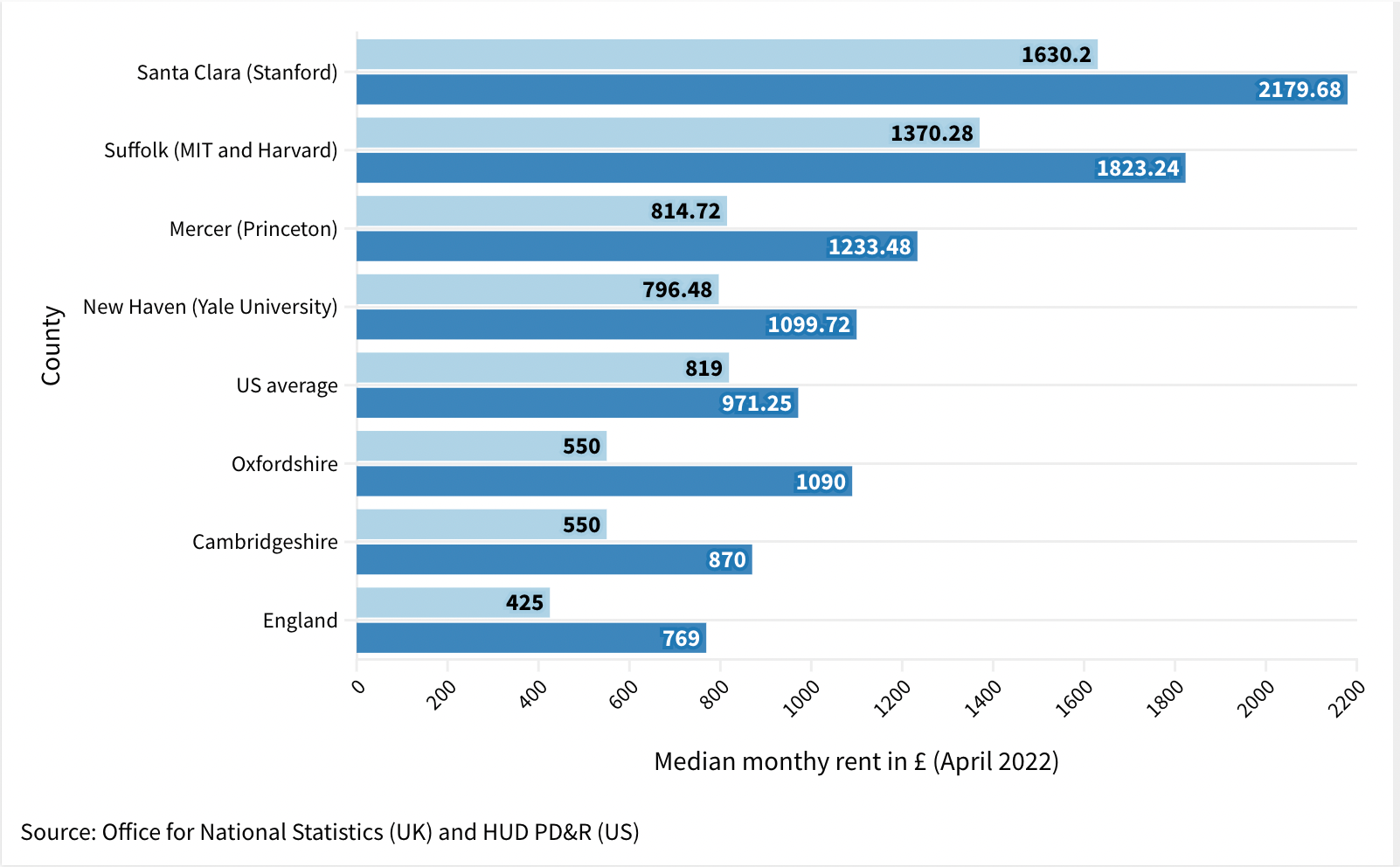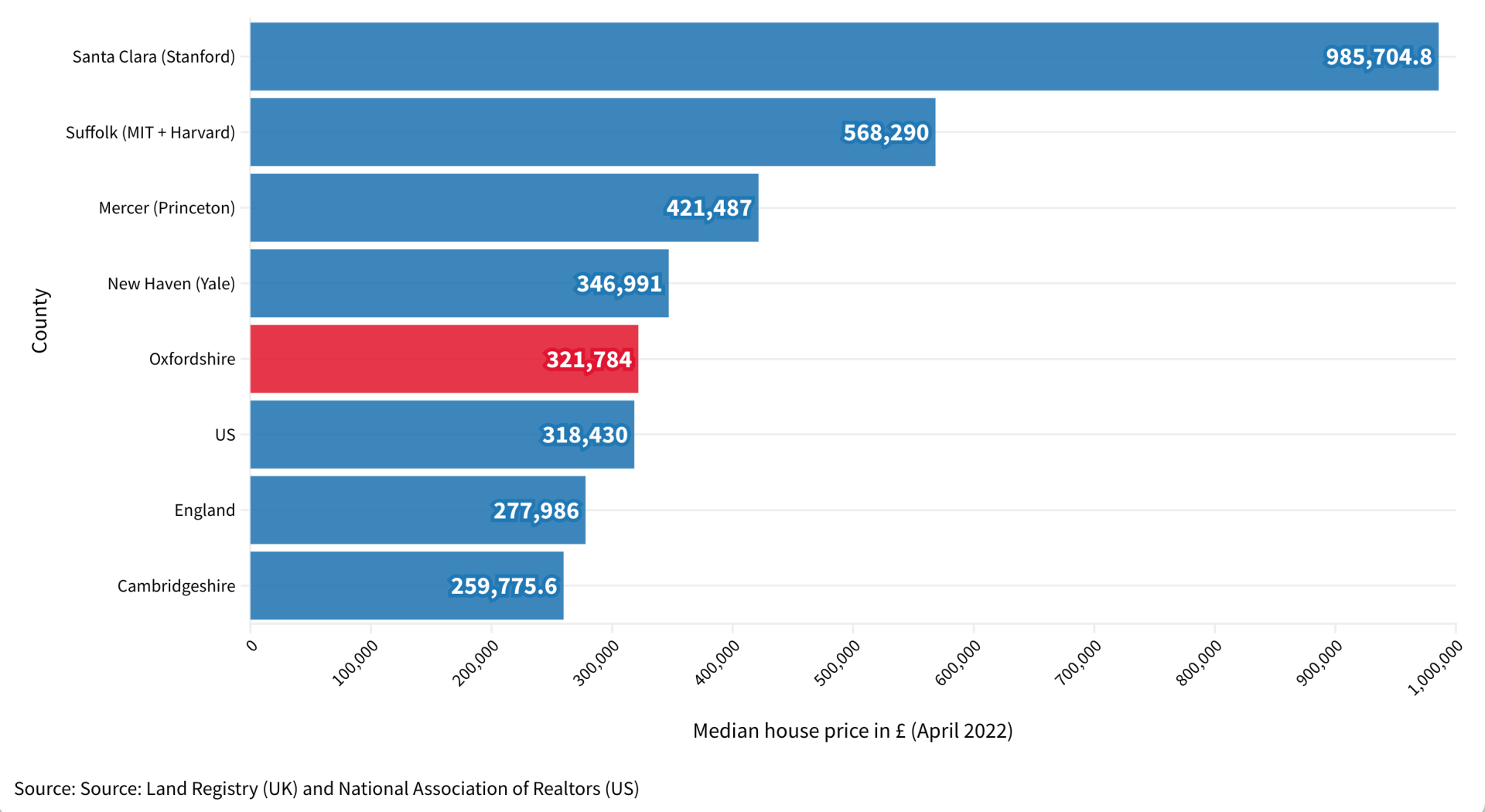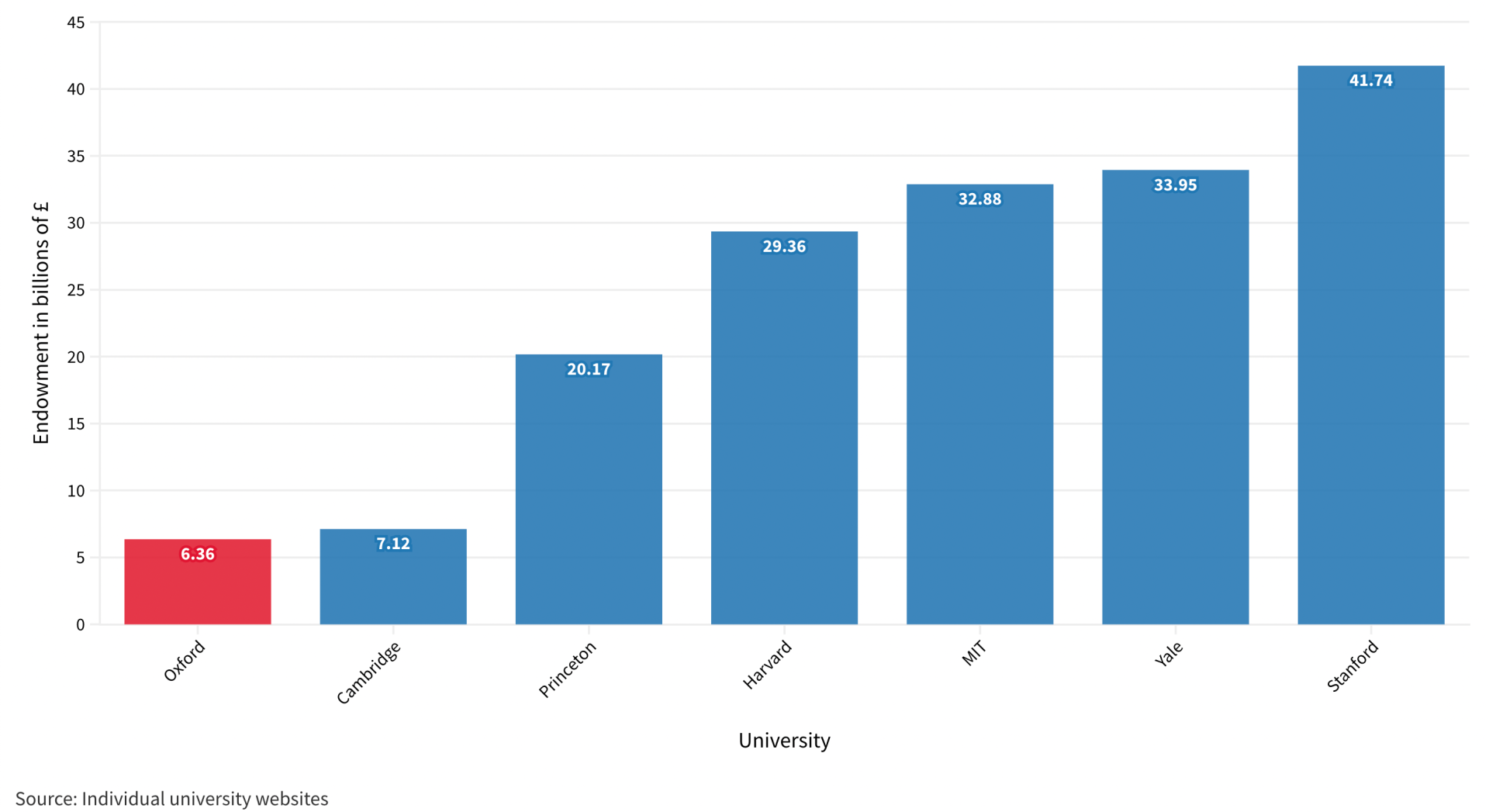It’s a rainy January day and I’m sitting alone in my room, anxiously scrutinising my face on Zoom as I wait for Sian Eleri to join the call. Sian is one of my personal heroes: a new addition to the Radio 1 team, she is the host of the Power Down Playlist on BBC Radio 1 four nights a week, as well as the Chillest Show for two hours every Sunday. I am used to hearing her dulcet tones interspersing a tracklist of mellow music as I squirrel away in the library. It’s strange to see the face accompanying the voice pop onto the screen as Sian greets me with that familiar Welsh accent and an equally warm smile.
Over the past couple of years, Sian has achieved a dream that’s been a long time in the making: she has secured her own regular show on BBC Radio 1. “It’s been a whirlwind,” she tells me. “A really life-changing year.”
There is a very real sense of the hard graft and dedication that has gone into securing this position. Even though Sian had no idea what she wanted to do with her life when she was at school, studying two arts and two sciences at A Level to keep her options open, she did know that “the two things I liked were music and people.”
Sian applied to study history at Leeds University, but “within maybe one or two seminars, I already knew I hated it. I knew I couldn’t do something for three years, get into debt for three years, with a degree I didn’t want and a degree I knew I couldn’t do anything with. So, I dropped out and then reapplied to the same uni for the following year to start broadcast journalism. And it was almost like the best mistake I ever made.”
After doing placements with local radio stations, as well as working for Leeds Student Radio, Sian realised: “That’s my thing, I suppose – it’s radio”.
She says that Radio 1 “had been staring at me in the face my whole life, because it was such an enormous part of my childhood, from waking up before the rest of my family to listen to the breakfast show when I was in primary school, to sitting in the car in the driveway after swimming lessons on a Friday night just to listen to Zane Lowe.
“But it felt so out of reach that it was just like, ‘Don’t even dream of it because you’re just going to set yourself up for failure’. So I feel incredibly lucky that for some reason they thought I was decent enough to have on their roster. I feel really privileged to have the job that I had silently dreamt of, but never thought would be achievable.”
This dream was by no means one that came true overnight. For the first couple of years of Sian’s career, it felt like she was wishing on an unforgiving star. “I was desperate for a full-time job in radio for just the sense of security, but also to feel like I was progressing or having the space to progress in a workplace. But I was never able to get one because it’s such a competitive industry. Everyone was clambering over each other to get these jobs, and they’re so few and far between, so it was years of freelancing, mainly in production.”
That struggle for work, as well as the constant onslaught of rejections from job applications, was something that ground down her resolve. Sian remembers, “I was just so desperate for work and applying for everything under the sun and either getting ‘No’s or no-shows. And it was brutal. Because again, I think for me, as quite a competitive person and someone who puts 110% into everything… after a while getting so many rejections in a role can feel quite crippling on your self-confidence.
“I remember there was a moment a few years ago, where [I had] had enough. I’d kept a spreadsheet of every job I applied for, and there were hundreds on there. And maybe there were like two that were in green, [but] I think I’d just had one more rejection. That was one too many, I suppose. And I remember breaking down in the middle of my partner’s living room, on the floor… I was just like, ‘I don’t know how much more of this I can take, and whether what I’m pursuing is completely pointless and impossible’.”
Just when it seemed like giving up might be the only option, one of Sian’s colleagues from her freelancing jobs pushed her to apply for a spot at Radio 1. “He was the one that really pushed me because he was just like, ‘Sian, what is one more no? What’s one more no?’ And that was enough for me to be like, right, okay, I’ll make this demo. See how it goes. And lo and behold, a month later, I got the call to do a one-off show. And I thought, Oh, my God, like, this is the thing I’ve been waiting for.
“I think it’s easy to say now in hindsight that all it takes is one yes. Because I remember it being really hard – being constantly put down and feeling that I was delusional, you know, that I wasn’t good enough. But yeah, all it takes is one yes. And perhaps if I’d gotten a yes, before [Radio 1], then maybe I wouldn’t have gone for the Radio 1 thing at all.
“I don’t believe in fate, but I think there’s certain parts of it where I’m glad I persevered.”
That perseverance has certainly paid off. With regular live shows, as well as replays on Radio 1 Relax, a new platform playing chilled-out tunes, Sian is consolidating her presence.
Her role also comes with full control over the music she plays on her shows. Considering the volume of songs and album cuts that she is sent by aspiring musicians and their record labels, this is no small feat. This responsibility is even more significant in light of the increasing pressure on festivals, music labels, and radio shows to increase their diversity. In August 2022, Sian’s friend and Radio 1 colleague Jaguar commissioned a report into gender representation in UK dance music through the Jaguar Foundation. The report revealed that just 5% of dance music in the UK charts had exclusively women or non-binary artists as the primary artist and feature, and less than 1% of the top 200 airplay tracks across 2020-21 on twelve UK radio stations featured only female or non-binary artists. Whilst dance music is not the focus of Sian’s shows, she is evidently aware of the need to bring greater attention to artists who have historically struggled to gain an audience.
Due to this, significant thought goes into curating the tracklist for each Radio 1 show that Sian hosts. She tells me that she has a spreadsheet detailing the songs she will play in each show, which has “a little column on the side, where we can specify the gender of the artist. So for every show, I make it ‘Even Stevens’, or as close to ‘Even Stevens’ as I can.”
The same is true of regional disparities. Sian says that when looking through the spreadsheet, she’ll make mental notes: “Oh, there’s no one from Scotland, and I didn’t have anyone from Scotland last week. Okay, let’s, let’s change that.”
She continues,“It’s a matter of making sure that there’s a diverse range of artists that you’re representing on your show, from different walks of life and different communities, because it’s so important, even as a listener of music, if I can hear that a DJ is one minute supporting someone from Walsall, the next minute, supporting someone from Carmarthen, and the next minute supporting someone from Aberdeen. And I mean, it’s like, it’s huge. It’s a really, really important aspect of music curation. And it does feel like a responsibility, but one that you’re quite proud of taking part in.
“I think if you’re showing different sides, and how diverse the country is, then it makes it a more rich tapestry, I suppose, of music that you’re showcasing. And a more colourful palette in general, I think. [And] it is also things like making sure that you have various different genres that you have different ethnicities. It’s a default responsibility at this point that is just… it’s just the way things are when we’re creating the show.”
Undoubtedly, Sian Eleri has her finger on the pulse of the music industry. In 2022, she introduced artists ranging from Piri and Tommy to Rachel Chinouriri who would go on to soar to stardom or release hit singles. In 2023, she has her eyes on one band in particular: “I love Gabriels. I’ve seen Gabriels a few times live now, maybe two or three times. And every single one, I’ve just left in tears.”
She added, “I think Flowerovlove is also really exciting. She’s so young. She’s like 17. And it scares me how confident she is. [I’ve] spoken to her a few times now, and I’m always taken aback and like, whoa, where’s this come from? But she’s so talented, and so kind of self-assured as an artist, and I mean, being young doesn’t make a difference.”
One of the features on Sian’s Sunday slot, the Chillest Show, is called the Support Club. Listeners from across the country write in to voice whatever’s on their mind, from trivial concerns to monumental life events. A large number of these listeners are students.
Generally, these students are talking about universal struggles, with exams or deadlines approaching. Sian says that their concerns can range from anything from a need for reassurance to a bad case of writer’s block to exam anxiety. “It’s not just a matter of me being an agony aunt,” she says. “It’s more about saying, ‘It’s okay to feel the way that you’re feeling. I understand you, and thank you for taking the time to reach out. I hope everything is okay.’”
Sian elaborates, “There’ve been a lot of messages that I’ve had in the past where I’m pleasantly surprised, but also in awe of listeners who feel like they can be so confessional with [me]. You get an intimate window into someone’s life in that moment that feels incredibly intimate, and maybe sacred. Honestly, I know it sounds dramatic. But I think they paint a picture of what they’re going through at the time. And you feel like you need to treasure that information. And the fact that they’re willing to share this on a national platform is amazing, kind of miraculous in a way. And so you want to do them justice.”
Sian is building a strong base of fans among radio listeners, which bodes well for her future at a station that has produced no shortage of national names. I ask Sian if having her own name listed alongside some of the radio greats, such as Greg James, Scott Mills, and Clara Amfo, is intimidating, and what it’s like bumping into big names in the office.
“Someone I have met was Grimmy,” she tells me. “It was just before my first ever live show. I was in the office, I was cacking my pants… I remember him coming around the corner. And one of the engineers [introduced] me to Grimmy saying, ‘Oh, she’s Sian Eleri, she’s starting in the next couple of days’. And he was so lovely, like he was honestly the nicest, [most] calming presence, but also really fun and compassionate. Just like he was on the radio.
“I remember asking him, how would you handle making a mistake? [I’m] really scared of making a really big error.
“He went, ‘if you make a mistake, it’s charming’.”
This advice, Sian tells me, is something that has reassured her throughout her career. But what about her own advice to students and other young people trying to make their way in the entertainment industry?
She tells me, “going to networking events, I think really benefited me in the long term. Because you are building a network and basically establishing yourself within this industry. Particularly if you don’t have an immediate connection to it, you’re almost ramming yourself in, forcing your way in. No one’s gonna look at you sideways doing that.
“Also, be nice. Nobody wants to work with an asshole. People, they’ll be nice back, hopefully they will, and they’ll want to work with you.”
Finally, she gives her words of wisdom for day-to-day life: “There’s something good in every day. And I think that applies so widely, if you’re struggling with exams and stressing out, or if you’ve had an argument with your best mate, or maybe you’re just super hungover. Maybe all day feels rubbish. But then you might have had a lovely cup of tea in the morning. Maybe you had a really nice text exchange with your mate from home. Or maybe you just had a bangin’ sandwich. I mean, there’s so many teeny weeny little things during a day… [although] small embers, they flicker in the darkness of that day.
“Focus on those small aspects of life that give you true pleasure, and [don’t] put so much pressure on yourself. Just take things easy. Don’t sweat the small stuff, and embrace the little things.”





